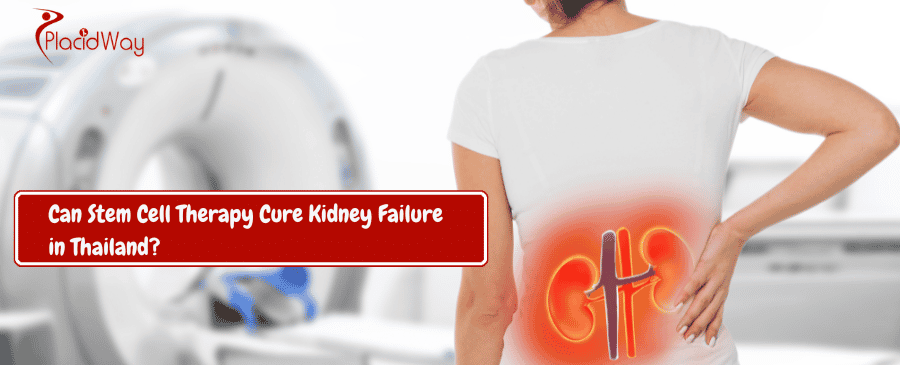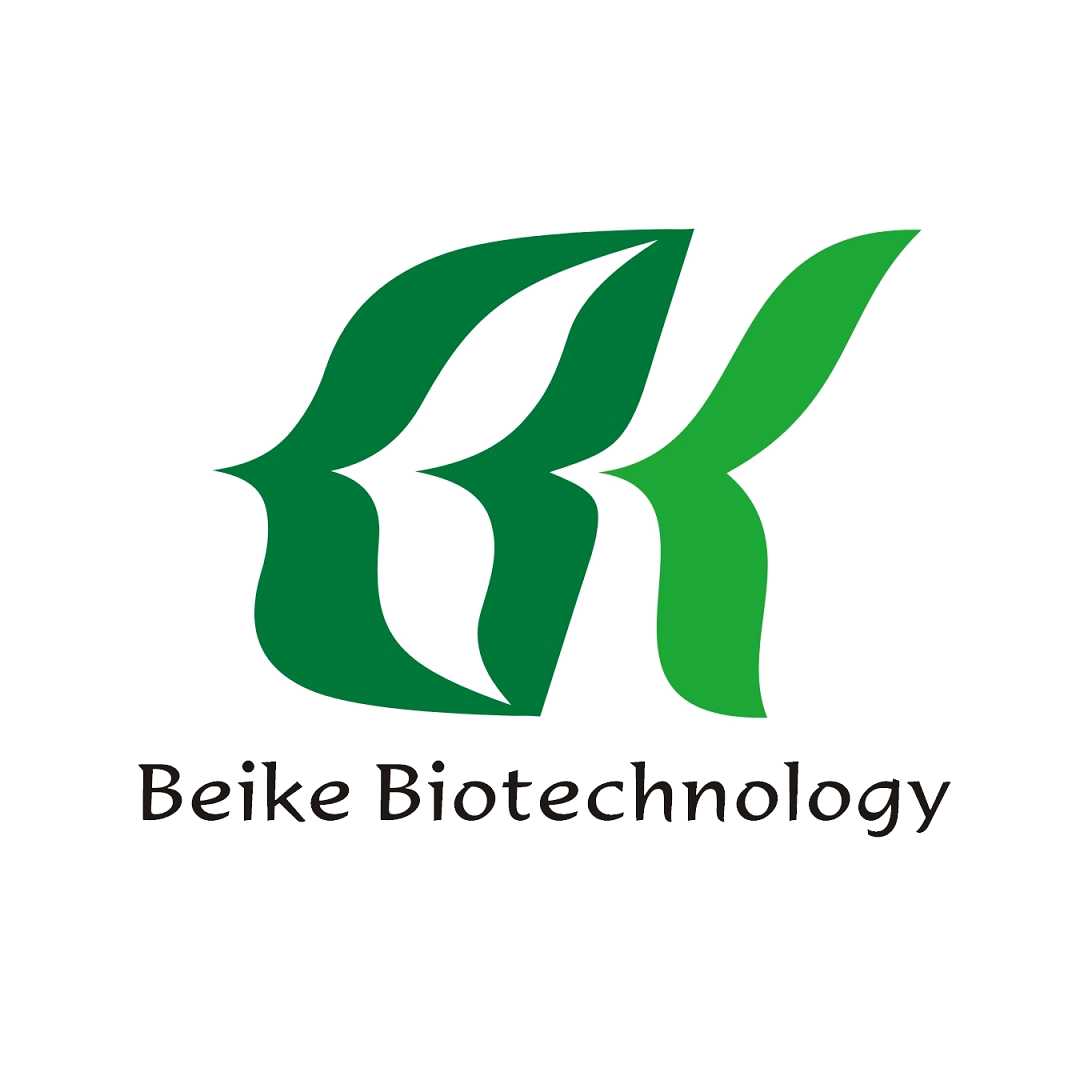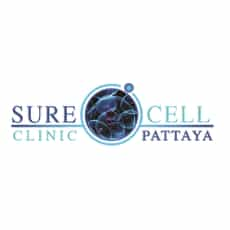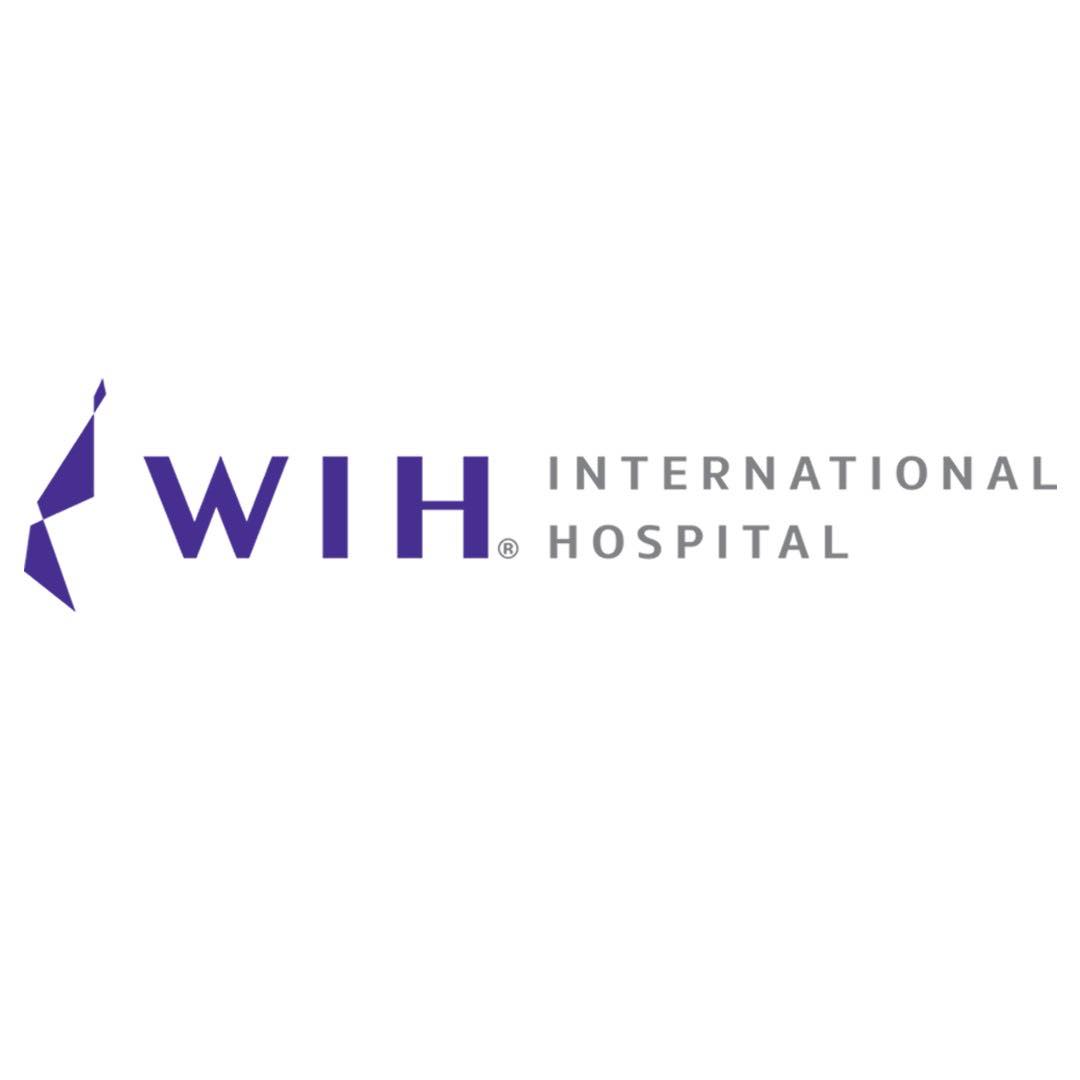A New Hope for Kidney Patients: Exploring Stem Cell Treatment in Thailand
Living with kidney failure can be a challenging journey, marked by frequent dialysis sessions, strict dietary restrictions, and a constant search for long-term solutions. As a result, many individuals are exploring the potential of regenerative medicine, with a particular interest in stem cell therapy for kidney failure. Thailand has emerged as a prominent destination for this treatment, attracting patients from all over the world. But a major question on everyone's mind is: "Can stem cell therapy cure kidney failure?"
The short answer is that stem cell therapy for kidney failure is not a definitive cure in the traditional sense. It's an advanced medical treatment that holds immense promise by targeting the root cause of the problem—damaged tissue and inflammation—rather than just managing the symptoms. Stem cells have a unique ability to differentiate into various cell types, which means they can potentially regenerate and repair damaged kidney tissue. This can lead to a significant improvement in kidney function, and in some cases, may reduce the dependency on dialysis. The goal is to improve the patient's quality of life and slow the progression of the disease.
In this detailed guide, we will answer the most common questions about stem cell therapy for kidney failure in Thailand, providing you with the information you need to make an informed decision. We will discuss the science behind the treatment, its effectiveness, associated costs, safety, and what to expect during your medical journey. Thailand is known for its high-quality medical facilities and experienced specialists, making it a viable option for those seeking cutting-edge treatments. By the end of this article, you will have a clear understanding of whether this innovative therapy is the right choice for you.
What is stem cell therapy for kidney failure?
Stem cell therapy is a form of regenerative medicine that utilizes the body's own natural healing mechanisms to repair and regenerate damaged organs and tissues. In the context of kidney failure, this treatment involves introducing healthy stem cells into the patient's body. These cells can be sourced from various places, such as the patient's own bone marrow (autologous) or from a donor (allogeneic), often from umbilical cord tissue. Once administered, these cells travel to the damaged kidney area.
The main mechanisms by which these cells work include:
- Tissue Regeneration: Stem cells have the ability to differentiate into kidney-specific cells, such as renal cells, which can help replace and repair damaged kidney structures.
- Anti-inflammatory Effects: Chronic inflammation is a key contributor to kidney damage and disease progression. Stem cells release powerful anti-inflammatory molecules that can reduce inflammation, creating a better environment for healing.
- Paracrine Signaling: Stem cells secrete various growth factors, cytokines, and other beneficial molecules that stimulate the repair of existing kidney cells and blood vessels. This "signaling" helps activate the body's own repair processes.
- Immune Modulation: In cases where kidney failure is caused by an autoimmune condition, stem cells can help regulate the immune system to prevent it from attacking the kidney tissue.
By addressing these core issues, stem cell therapy aims to not just slow down the disease but to actively improve kidney function, offering a more comprehensive approach compared to traditional treatments like dialysis, which only filter waste from the blood but do not heal the organ itself.
Is stem cell therapy a cure for chronic kidney disease (CKD)?
The term "cure" can be misleading in the context of many chronic illnesses, including chronic kidney disease (CKD). While stem cell therapy has shown remarkable results in many patients, it is more accurately described as a therapeutic tool rather than a guaranteed cure. The goal of the treatment is to regenerate and restore function to the kidneys, which can significantly improve a patient's health and quality of life.
For many patients, this means:
- A reduction in dependence on dialysis, and in some cases, the ability to stop dialysis altogether.
- An increase in creatinine clearance and a reduction in blood urea nitrogen (BUN) levels, which are key indicators of kidney function.
- Fewer related complications, such as anemia, fatigue, and fluid retention.
The success of the treatment depends heavily on the individual patient's condition, the stage of their disease, and the type of stem cells used. It is important to have realistic expectations and to understand that the therapy's primary purpose is to provide significant improvement and slow the disease's progression, rather than offer an absolute reversal of the condition.
What is the cost of stem cell therapy for kidney failure in Thailand?
One of the main reasons patients choose Thailand for medical treatments is the cost-effectiveness. The price of stem cell therapy for kidney failure is significantly lower in Thailand compared to countries in the U.S. or Europe, often at a fraction of the cost, without compromising on quality. The exact price can vary based on several factors, including:
- Clinic Reputation: Highly specialized and internationally accredited clinics may have higher fees.
- Stem Cell Type and Quantity: The number of stem cells used and whether they are autologous (from the patient) or allogeneic (from a donor) can affect the total cost. Donor cells, especially those from umbilical cord tissue, can be more expensive due to processing and testing.
- Treatment Protocol: The complexity of the treatment plan, which may include supportive therapies, intravenous infusions, and other regenerative treatments, will influence the final price.
- Included Services: Some clinics offer comprehensive packages that include accommodation, airport transfers, and post-treatment follow-ups, which may be reflected in the price.
It's crucial to get a detailed breakdown of the costs from the clinic to understand what is included in the package and to avoid any hidden fees. While the cost is a major consideration, prioritizing the clinic's reputation, expertise, and success rates is important.
How long does a stem cell therapy for kidney failure procedure take in Thailand?
The treatment duration for stem cell therapy for kidney failure is not a one-time event but rather a comprehensive program. It is designed to allow for multiple infusions and supportive therapies to maximize the therapeutic effect. The entire process generally involves a few key steps:
- Initial Consultation and Evaluation (1-2 days): Upon arrival, a patient will undergo a thorough medical evaluation, including blood tests, imaging, and a review of their medical history to confirm eligibility and customize the treatment plan.
- Stem Cell Administration (3-7 days): The core of the treatment involves a series of intravenous (IV) infusions of stem cells, often administered daily or every other day. Each infusion session may last a few hours.
- Supportive Therapies: During the stay, patients may also receive supportive treatments such as nutritional therapy, hyperbaric oxygen therapy, or other regenerative procedures to enhance the stem cells' effectiveness.
- Post-Treatment Monitoring: Patients are monitored for a period after the last infusion to ensure there are no immediate adverse reactions and to provide them with instructions for at-home care.
The total time required can vary based on the severity of the condition and the specific clinic's protocol. Some patients may opt for multiple treatment cycles spaced out over several months to achieve better results.
What are the success rates of stem cell therapy for kidney failure in Thailand?
The effectiveness of stem cell therapy is often measured by the improvement in key indicators of kidney function, such as GFR (Glomerular Filtration Rate), creatinine levels, and proteinuria. While there is a lack of large-scale, peer-reviewed clinical trials, anecdotal evidence and data from specialized clinics in Thailand often show positive outcomes. Many patients report:
- An increase in GFR, indicating better filtration by the kidneys.
- A decrease in creatinine and blood urea nitrogen (BUN), which are waste products that build up in the blood when the kidneys are not working properly.
- Reduced inflammation markers.
- A reduction in symptoms such as fatigue, swelling, and shortness of breath.
- An overall improved sense of well-being and energy.
It's important to discuss your individual case with a specialist to get a realistic idea of potential outcomes. The earlier the treatment is administered—in the earlier stages of CKD—the better the potential for significant improvement. In advanced stages, the therapy might primarily aim to slow down disease progression and manage symptoms rather than completely restore function.
What are the risks and side effects of stem cell therapy for kidney failure?
When performed at a reputable and accredited clinic, stem cell therapy for kidney failure is considered a safe procedure. The risks are often minimal, especially when using autologous stem cells (from the patient's own body). Common side effects are usually temporary and mild.
- Injection Site Soreness: You may experience some mild discomfort or bruising at the site where the cells are administered.
- Flu-like Symptoms: A temporary low-grade fever, chills, or fatigue can occur within 24-48 hours after the infusion. These symptoms typically resolve on their own.
More significant risks are rare but can include:
- Infection: There is a slight risk of infection, as with any medical procedure, but this is minimized by strict sterile protocols in licensed clinics.
- Allergic Reaction: While rare, some patients may have an allergic reaction to the medium in which the cells are stored.
- Implant Rejection: When using allogeneic (donor) stem cells, there is a small risk of the body's immune system rejecting the cells. However, Mesenchymal Stem Cells (MSCs), which are commonly used, have strong immunomodulatory properties, making rejection less likely.
Choosing a clinic that follows international safety standards and has a strong track record is essential for minimizing these risks. It's crucial to have a thorough discussion with the medical team about the potential side effects and how they are managed.
What types of stem cells are used for kidney failure treatment in Thailand?
The type of stem cells used is a critical factor in the treatment's success. Different types of cells have varying properties and can be sourced from different parts of the body. The most widely used for kidney failure are Mesenchymal Stem Cells (MSCs) due to their potent anti-inflammatory and regenerative capabilities. Here's a look at the common sources:
- Umbilical Cord-Derived MSCs (UC-MSCs): These are considered a highly potent source of stem cells. They are young, robust, and have a high proliferation rate. Because they are allogeneic (from a donor), they don't require harvesting from the patient, which makes the procedure less invasive and more accessible. Many clinics in Thailand specialize in this source.
- Bone Marrow-Derived MSCs (BM-MSCs): These are harvested from the patient's own bone marrow. This requires a minor surgical procedure but has the benefit of being autologous, meaning there is virtually no risk of rejection.
- Adipose-Derived Stem Cells (ADSCs): These are sourced from a patient's own fat tissue through a liposuction-like procedure. They are also autologous and can be harvested in large quantities.
A specialist will evaluate your specific condition to determine the most suitable type of stem cell for your treatment plan. The choice depends on the severity of your condition, your age, and your overall health.
How to choose a stem cell therapy clinic for kidney failure in Thailand?
Selecting the right clinic is the most important decision you will make on your medical journey. Thailand has many excellent medical facilities, but it's important to do your research to ensure you are receiving care from a reputable and safe provider. Here are some key factors to consider:
- Accreditation and Licensing: Ensure the clinic is officially licensed by the Thai Ministry of Public Health and, if possible, holds international accreditations like JCI (Joint Commission International). This indicates they adhere to high international standards of safety and care.
- Doctor's Expertise: Look for clinics with doctors and specialists who are board-certified and have extensive experience in regenerative medicine and nephrology. They should be able to provide detailed information about their experience with stem cell therapy for kidney failure.
- Transparent Communication: The clinic should provide a clear and detailed treatment plan, including the type of stem cells, the number of cells, the method of administration, and a complete breakdown of costs. Be wary of any provider that is not forthcoming with this information.
- Realistic Expectations: A reputable clinic will not promise a miracle cure. They will explain the treatment's potential to improve your condition and quality of life while being honest about the limitations and risks.
By focusing on these aspects, you can find a clinic that provides safe, effective, and ethical stem cell therapy in Thailand.
What should I expect during a consultation for stem cell therapy?
A thorough consultation is the first and most important step in the treatment process. It allows the medical team to assess your case and for you to ask all your questions. A typical consultation will include:
- Medical History Review: The doctor will go over your entire medical history, including your diagnosis, current medications, previous treatments, and any other health conditions.
- Discussion of Treatment Goals: You and the doctor will discuss what you hope to achieve with the therapy and set realistic expectations. This is where you can ask about the potential for reducing dialysis or improving specific symptoms.
- Treatment Plan Outline: The doctor will explain the proposed treatment protocol, including the type of stem cells to be used, the number of infusions, and the duration of your stay.
- Risk and Benefit Discussion: The medical team should clearly explain the potential risks and side effects of the procedure, as well as the expected benefits.
- Cost and Logistics: The clinic will provide a full breakdown of costs and help you with logistical planning, such as travel and accommodation arrangements.
It's a good idea to come prepared with a list of questions to make the most of your consultation. You should feel comfortable with the information provided and confident in the medical team's expertise.
Are there any alternatives to stem cell therapy for kidney failure in Thailand?
While stem cell therapy is gaining attention as an innovative option, it is important to remember the established standards of care for kidney failure. These include:
- Dialysis: This is the most common treatment for end-stage renal disease (ESRD). It involves using a machine (hemodialysis) or the lining of your abdomen (peritoneal dialysis) to filter waste and excess fluid from your blood. While life-sustaining, it is a demanding and long-term treatment.
- Kidney Transplantation: A kidney transplant is often considered the best long-term solution for kidney failure. A healthy kidney from a living or deceased donor is surgically placed in your body. This treatment can free patients from dialysis, but it requires a compatible donor and a lifetime of immunosuppressant medication.
Stem cell therapy is often explored as a complementary treatment or an alternative for those who may not be candidates for a transplant or who wish to reduce their reliance on dialysis. The goal is to either improve kidney function to a level where dialysis is not needed or to slow down the disease so that a transplant is not required for a long time.
What is the post-treatment care and follow-up after stem cell therapy?
The journey does not end after the last infusion. Post-treatment care and follow-up are critical for maximizing the benefits of the therapy. Most reputable clinics in Thailand will provide a detailed plan for your recovery and long-term health, which may include:
- Lifestyle and Dietary Adjustments: You may receive guidance on a kidney-friendly diet, fluid intake, and exercise to support the regenerative processes initiated by the stem cells.
- Regular Follow-ups: The clinic will schedule regular check-ins, either in person or via telehealth, to monitor your kidney function through blood and urine tests. They will track your GFR, creatinine, and other markers to evaluate the treatment's effectiveness.
- Additional Therapies: Depending on your progress, the medical team may recommend a second round of treatments or other supportive therapies to maintain or further improve your results.
Adhering to this plan is essential for a successful outcome. The clinic's commitment to your long-term health is a key indicator of their credibility and expertise.
For those considering a journey to Thailand for advanced medical care, explore PlacidWay to connect with world-class healthcare providers and find solutions tailored to your unique needs.



.png)




.jpg)


.png)






Share this listing